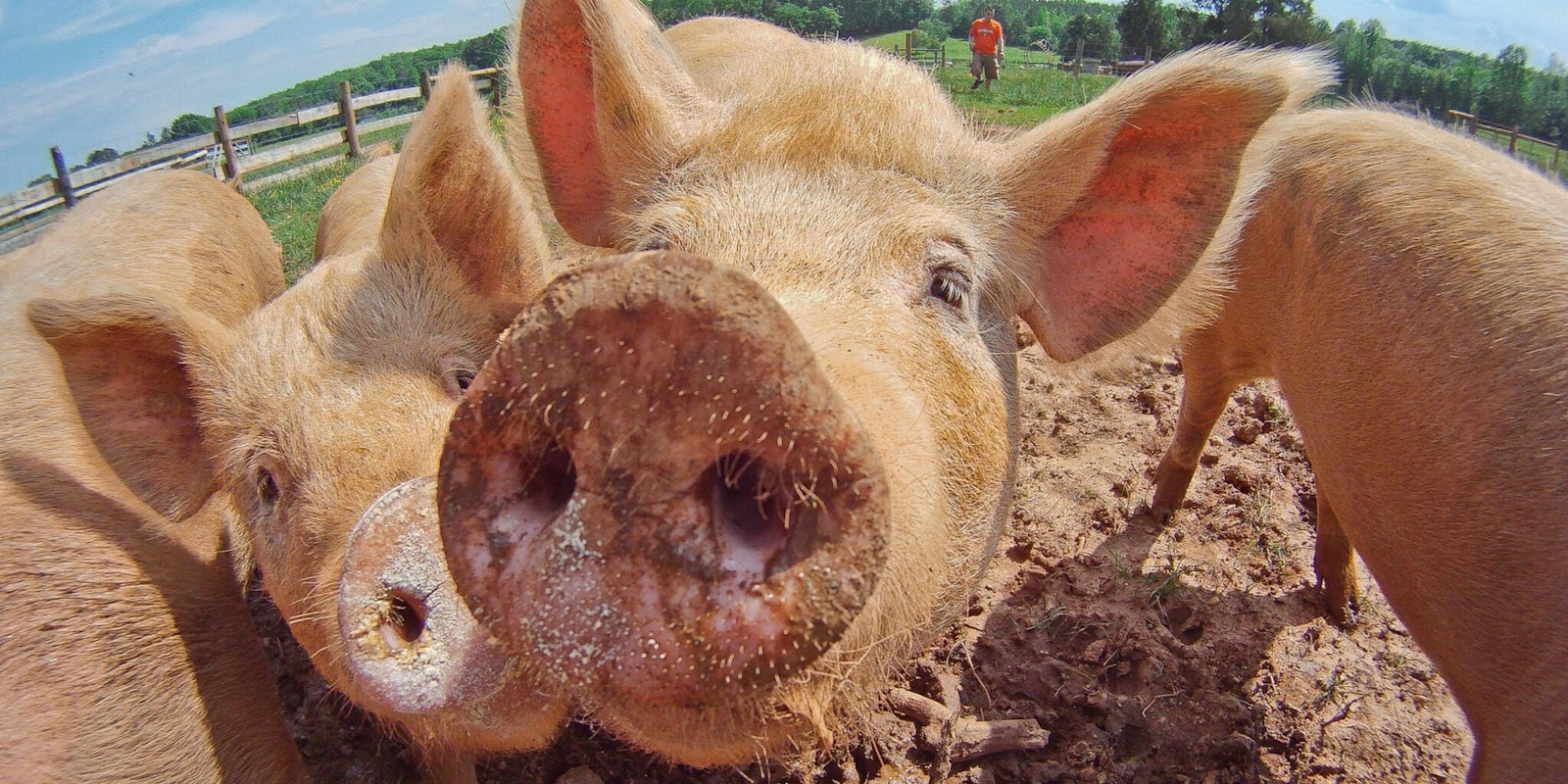Wondering if your nose has grown since your last #SelfieSunday post, or if you’re just hallucinating? New research from Rutgers New Jersey Medical School and Stanford University has found that the nature of selfies themselves distort your photo—all because of the way you’re holding your smartphone.
According to the research, published in the Journal of the American Medical Association earlier this month, selfies taken from 12 inches away from the face, a common distance for such photos, make the nose look wider and thicker. At this distance, men’s noses appear 30 percent wider and women’s noses 29 percent wider than in actuality.
A photo taken from five feet away, however, has no discernible distortion in width.
While a distorted nose may not matter to some, according to a survey from the American Academy of Facial Plastic and Reconstructive Surgery, 55 percent of facial plastic surgeons reported treating patients who “want to look better in selfies” in 2017, a 13 percent increase from the previous year. According to the American Society of Plastic Surgeons, elective cosmetic procedures have risen by 200 percent since 2000, and last year more than 200,000 people saw a doctor for a nose job.
Boris Paskhover, the study’s lead author and a facial plastics and reconstructive surgeon at Rutgers New Jersey Medical School, told CNN that he worries an entire generation doesn’t understand the difference between what they see in the mirror and who they see peering back at them through their smartphone screens. He said he hopes his research will make people considering elective facial surgery to think twice.
“My fear is that the generation out there now doesn’t know. All they know is the selfie,” Paskhover said.
“Young adults are constantly taking selfies to post to social media and think those images are representative of how they really look, which can have an impact on their emotional state,” he elaborated in a statement from Rutgers. “I want them to realize that when they take a selfie, they are in essence looking into a portable funhouse mirror.”
H/T Washington Post


